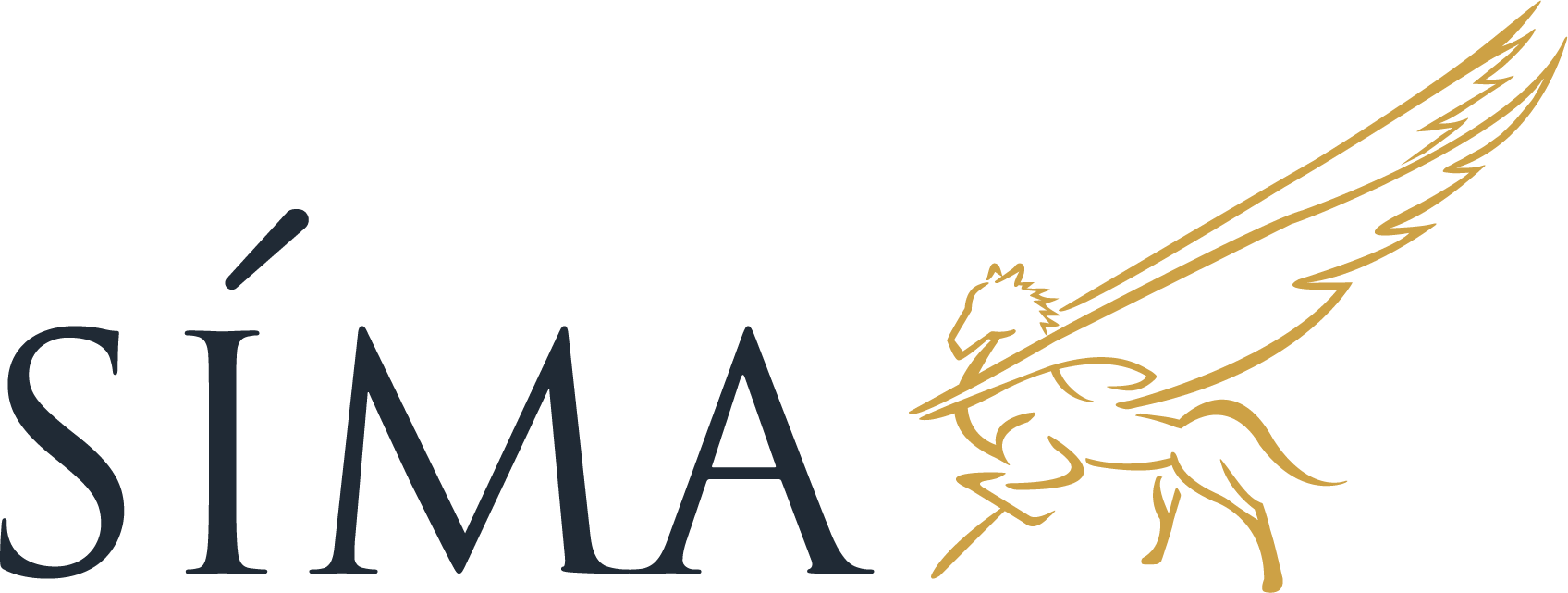
As a business owner or HR director, open enrollment can be stressful. With the plethora of acronyms used in the health insurance industry, it’s easy to get overwhelmed when deciding which plans are right for your company. While cost, employee preference, and plan designs are all vital when deciding the best fit, it’s important to look at different health plan options like PPO, POS, HMO & EPO.
Preferred Provider Organization (PPO)
A PPO is a type of health plan that contracts with medical providers, such as hospitals and doctors, to create a network of participating providers. You pay less if you use providers that belong to the plan’s network. You can visit doctors, hospitals, and providers outside of the network but for an additional cost. [1] With this plan, there’s no need to get a referral from your primary care provider (PCP) to see a specialist. While on the more “expensive” side regarding premiums, this plan works for employers that have higher utilization of healthcare and employees in multiple states.
Health Maintenance Organization (HMO)
HMOs have their own network of doctors, hospitals, and other healthcare providers who have agreed to accept payment at a certain level for any services they provide. [2] HMOs typically do not cover any out-of-network arrangement (except for emergencies), so you must utilize in-network care. While the network is more limited here than a PPO plan, this allows the HMO to keep costs in check for its members. Under this design, you typically must choose a primary care provider. Also, you may need a referral to see a specialist.
Point of Service (POS)
POS is a unique plan as it’s a combination of the PPO & HMO. You can access care from in-network or out-of-network providers and facilities; however, your level of coverage will be better when you stay in-network. [3] A minor inconvenience of a POS plan is the occasional requirement of a referral from your primary care provider to see a specialist. On the other hand, this plan typically has some coverage for out-of-network care as well. On average, POS plans fall somewhere in between HMOs & PPOs regarding premiums and costs.
Exclusive Provider Organization (EPO)
An EPO is a lesser-known plan type than its counterparts. Like HMOs, EPOs cover only in-network care (except for emergencies), but networks are generally larger than HMOs. They may or may not require referrals from a primary care provider. Premiums are typically higher than HMOs but lower than PPOs. [4]
Overall, each plan offers varying levels of flexibility, coverage, and affordability. Before deciding which health plan(s) to implement, it’s important to analyze your current employee demographics and network preferences. As always reach out to us with any questions at benefits@simafg.com or contact us at the office at (804) 285-5700.
Christian Mosier – Benefits Consultant
[1] https://www.healthcare.gov/glossary/preferred-provider-organization-ppo/
[2] https://www.humana.com/medicare/what-is-hmo
[3] https://www.cigna.com/individuals-families/understanding-insurance/pos-health-insurance
[4] https://www.aetna.com/health-guide/hmo-pos-ppo-hdhp-whats-the-difference.html#:~:text=An%20Exclusive%20Provider%20Organization%20(EPO,HMOs%2C%20but%20lower%20than%20PPOs
Disclosures This content is not intended to be exhaustive, nor should it be viewed as legal or tax advice. Information presented is believed to be current and is provided for general information and educational purposes based upon publicly available information from sources believed to be reliable. We cannot assure the accuracy or completeness of this information. It is not intended as a thorough, in-depth analysis of specific issues, nor a substitute for a formal opinion, nor is it sufficient to avoid any penalties. You should always consult an attorney or tax professional regarding your specific legal or tax situation. This information may change at any time and without notice. All opinions represent the judgment of the author on the date of the post and are subject to change. Content should not be viewed as personalized advice. SIMA reserves the right to edit blog entries and delete comments that contain offensive or inappropriate language. ©2022 Zywave, Inc. All rights reserved.
